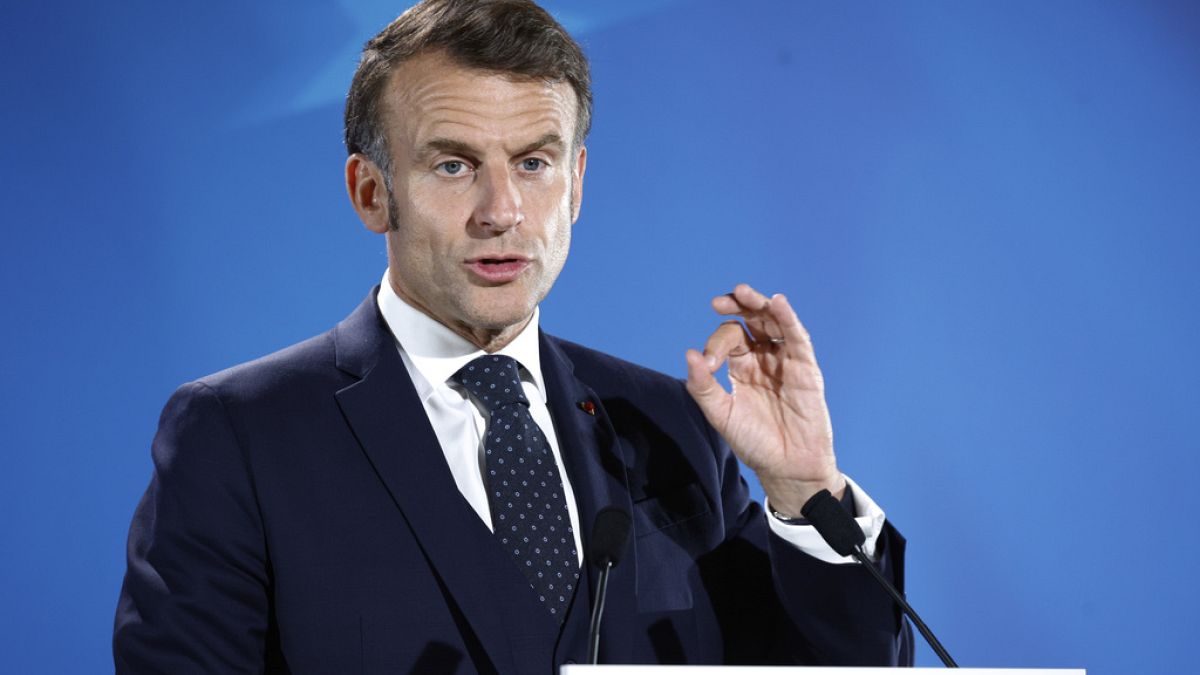

The intricate dance of international trade continues as Europe and the United States assess pathways to fortify economic partnerships amid evolving global tensions. As the European Union strategizes across different fronts, both domestically and internationally, the pursuit of balanced trade agreements underscores the need for careful diplomacy. This confluence of factors featuring France, Germany, and key international actors highlights the subtleties of current trade negotiations.
France and Germany are presenting divergent strategies in their efforts to forge a trade deal with the United States. While both nations align with the overarching goal of securing a zero-tariff trade agreement, their approaches underline distinct national priorities within the broader framework of European interests. France favors a more cautious appraisal of the US proposals, advocating for the preservation of specific European agricultural standards and cultural products within any deal. Meanwhile, Germany is looking towards rapid movement, citing the need for strengthened ties amid global trade instabilities and emphasizing industrial sectors where mutual benefits can flourish. The European Commission, however, remains pragmatic, expressing skepticism about the feasibility of an immediate zero-tariff arrangement, suggesting the industry could face intermediate steps before achieving such a goal.
Fueling the momentum of potential negotiations, European Commission President Ursula von der Leyen has voiced optimism about the prospect of a trade agreement with the United States, albeit with a vigilant stance. She conveys that while Europe is prepared to embrace a cooperative deal with America, contingency measures remain active should negotiations hit an impasse. “All options are on the table,” von der Leyen stresses, illustrating the EU’s resolve to safeguard its interests amid threats of increased tariffs on European steel by President Donald Trump. Her comments follow recent discussions with EU leaders in Brussels, as they align strategies amidst a complex backdrop of industrial and agricultural concerns.
In an inspiring initiative that seeks to transcend current multilateral trade dynamics, von der Leyen propounds a vision for an EU-led framework aimed at enhancing trade cooperation between Europe and Asian countries. This initiative is not merely a response to logjams within the World Trade Organization but a proactive proposal to amplify trade fluidity and economic resilience in a rapidly transforming global market landscape. A move towards fostering structured engagements with Asia reflects Europe’s strategic push toward diversifying trade partnerships and embracing sustainable economic development.
In a significant development affecting global trade balances, the US has reached an accord with China to expedite the shipment of rare earth materials, a critical step in mending the protracted trade disagreements between the two nations. This agreement signifies a movement towards resolving ongoing trade tensions, potentially paving the way for future collaborative efforts. According to the US commerce secretary, Howard Lutnick, the United States will begin to remove countermeasures once these essential shipments are underway, reflecting a spirit of reciprocity essential for building enduring trust. Additionally, President Trump hints at forthcoming initiatives that could potentially open new trade avenues with India, further diversifying the economic landscape.
Adding complexity to these discussions is the currency dynamics taking place in Europe. The euro has been experiencing a notable rally, reaching its highest point in four years, buoyed by shifts in fiscal policies within the Eurozone and broader geopolitical uncertainties, particularly in the US. This appreciation not only reflects market confidence in the Eurozone’s economic fortitude but also underscores the shifting tides of global commerce as nations navigate interconnected challenges and opportunities.
As Europe, alongside global partners, moves through these complex trade discussions, maintaining a balanced approach grounded in mutual respect and common interests remains paramount. The evolving dialogue presents opportunities for fostering enduring partnerships that prioritize stability, cooperation, and sustainable growth for diverse economies. Such nuanced engagements echo a broader vision of global economic well-being, inviting nations to invest in collaborative futures.
Source: {link}
